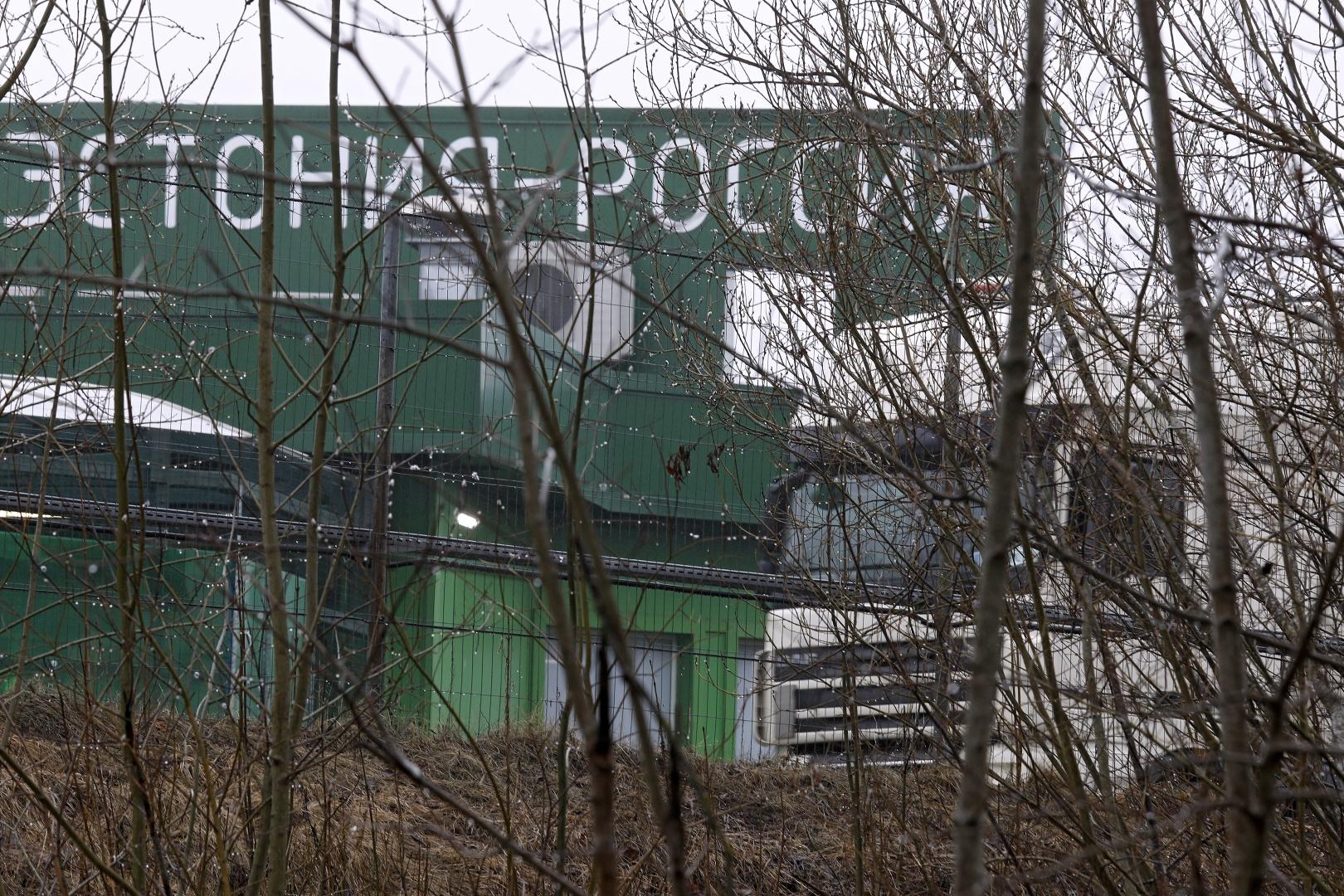"Baltic states count on preferences from NATO" Vladislav Shurygin on Caliber.Az
Russian military expert Vladislav Shurygin explains to Caliber.Az the situation on the Russian-Estonian and other Baltic borders.
"The Russian invasion of Ukraine has shown that the strategy of liberating the Baltic states in six months after the invasion of the enemy will lead to their complete destruction," Estonian Prime Minister Kaja Kallas said in an interview with the Financial Times, criticizing NATO's plan to defend the Baltic states in the event of Russian aggression.
It is assumed, she said, that in the case of Russian aggression, Estonia, Latvia and Lithuania will be occupied for 180 days, but then the Alliance forces will act and release them. Kallas recalled that mass murders in Bucha and other probable war crimes took place about 80 days after the invasion. According to the Financial Times, the Estonian prime minister asked to send divisions of 20,000 to 25,000 NATO soldiers to Latvia, Lithuania and Estonia.
Meanwhile, there are already about 1,500 soldiers of the alliance permanently based in each of the Baltic countries. But the statement about the necessity to increase their number was not the first - earlier similar messages were sent to the North Atlantic block also from the head of the Estonian General Staff, Kusti Salm.
Helsinki-based newspaper Italehti cited sources in NATO as saying that Salm pointed out that the Russian Defence Ministry's manoeuvres in the Kaliningrad region also involved blows to Estonia, Latvia and Lithuania. Bloomberg agency, after the incident with the Russian military helicopter, which violated the Estonian border on June 21, with reference to the Defence Ministry of Estonia drew attention to the fact that provocative actions of Russia on the Baltic borders intensified exactly in the run-up to the NATO summit, which is due next week in Madrid.

It must be said that there is still no legally formalized state border between Estonia and Russia. In 2005, after ten years of negotiations, the parties signed a border treaty, but Estonia included in the document's preamble a clause stating that the Tartu Peace Treaty, which marked the prewar border, was still in force. Moscow responded by withdrawing its signature because it considers the Treaty of Tartu to be a historical document that has no legal force. In 2014, the foreign ministers of the two countries signed a new treaty, which, however, has not yet been ratified.
Russian military expert Vladislav Shurygin, commenting on the previous day's air incident on the borders of Russia and the Baltic states, told Caliber.Az that during its military exercises, Russia did not allow any violations of the airspace of any of the Baltic countries.
"The exercises were planned, they did not appear all of a sudden but were prescribed in the unified plan of combat training a year ago. That is why I would not link them to any incidents. Of course, Lithuania, Estonia, and Latvia are well aware that their behaviour with respect to Russia is defiant, and this is their own contribution to the aggravation that is happening now. Naturally, much of this has to do with the fact that all three countries are under the NATO umbrella in the hope that they will be protected. Given that Russia has nowhere declared any military plans against Estonia and Lithuania, these countries have taken the initiative to say that they are under military threat from Russia. I think this is a form of drawing attention to themselves in order to get all sorts of preferences, including financial and political. Russia is not interested in any military conflict on its borders. Therefore, I do not rule out that behind all these statements there is nothing but an attempt, as they say, to provoke Russia. Moscow will not respond to these provocations," said the military expert.
At the same time, Shurygin has no doubt that at the upcoming NATO summit there will be many threatening outbursts towards Russia, but it is unlikely that any more powerful resolutions than the existing ones will be adopted.
"Most likely, a new list of arms deliveries to Ukraine will be determined. But I exclude any specific proposals for new sanctions against Moscow. On the contrary, I think some easing of tension in Russia's relations with the Baltic states is possible. It is clear to everybody that in the international legal field this situation is in an absolute deadlock and contradicts all laws. But I definitely do not believe in the détente between Russia and NATO until the end of the war," the military expert said.








